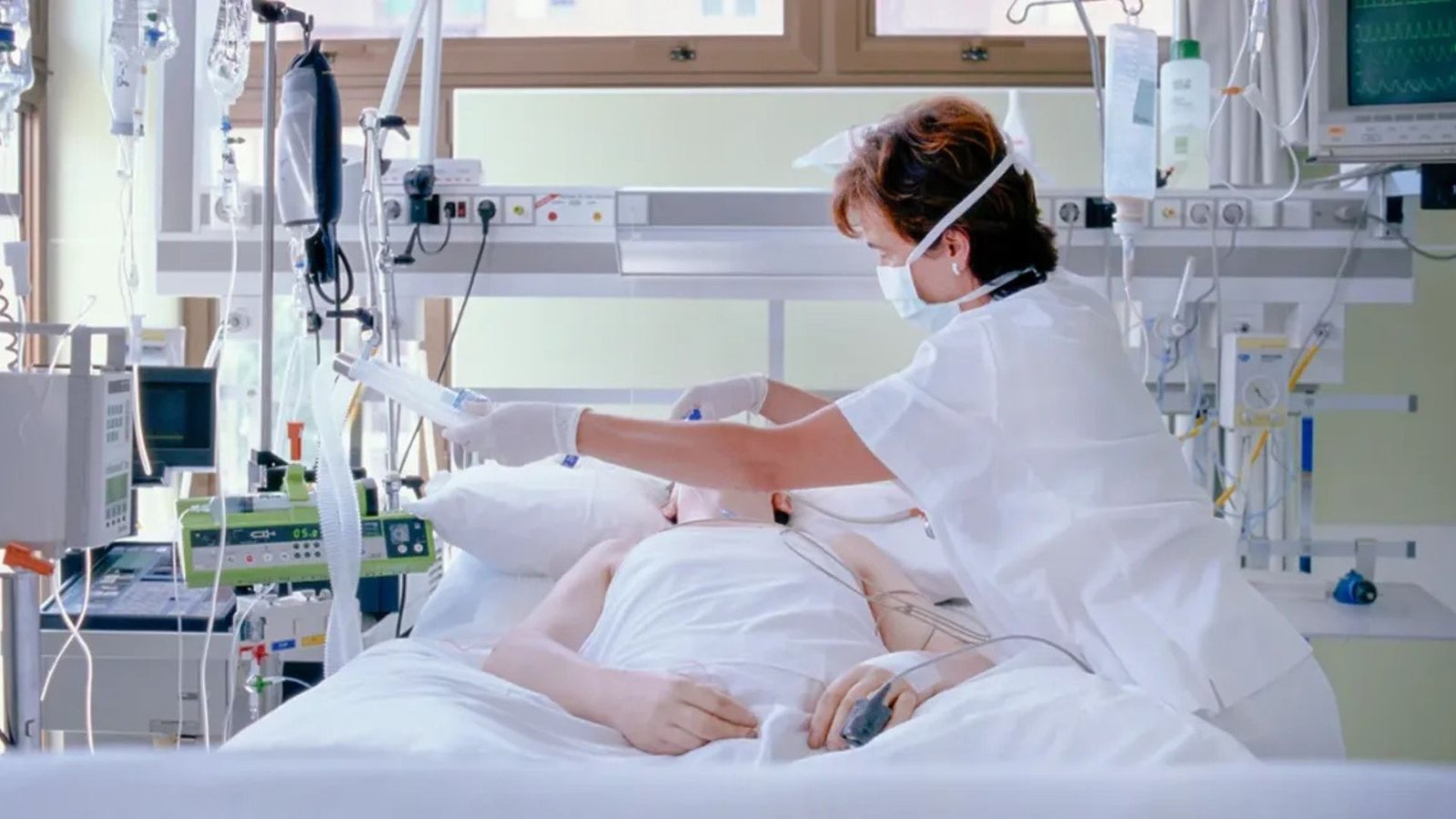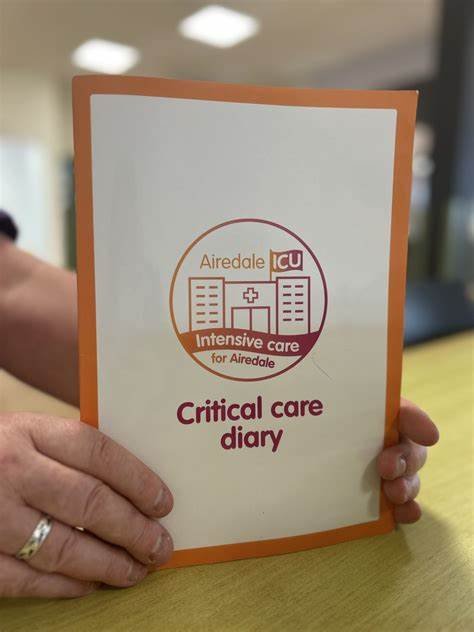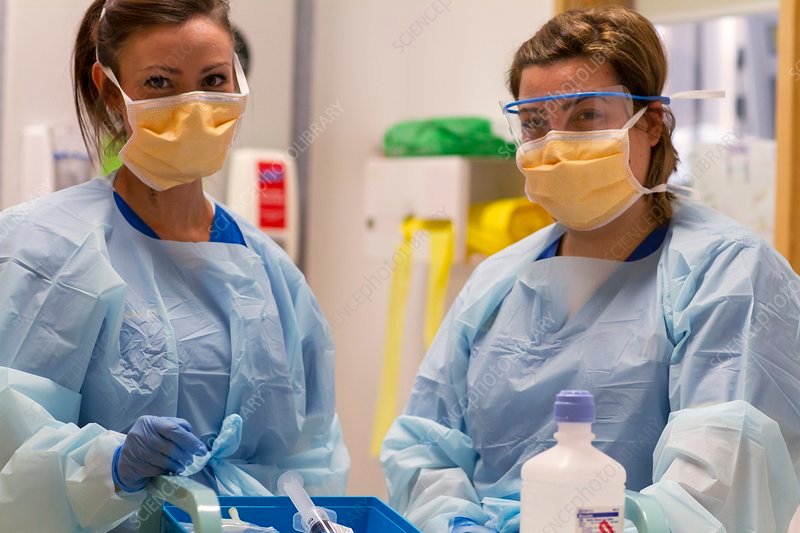Intensive care patients face numerous challenges during their recovery. After undergoing surgery, dealing with severe illness, or recovering from serious injuries, patients in the ICU often experience difficulties in various areas of their health. These challenges can affect their physical, emotional, and mental well-being. In this article, we will explore some of the most common challenges faced by intensive care patients and how they can be managed.

1. Physical Weakness and Fatigue
One of the biggest challenges for intensive care patients is physical weakness. When patients are in the ICU, they may spend long periods in bed, limiting their movement. This can lead to muscle weakness, loss of stamina, and fatigue. As a result, even simple tasks, such as sitting up or walking, can become difficult and exhausting.
Why it’s a challenge:
- Prolonged bed rest causes muscles to weaken.
- Patients may feel tired and lack energy, making recovery slow.
- Rebuilding strength can take time and effort.
To overcome this, physical therapy is often used to help patients regain strength gradually. Regular, gentle exercises and movement are encouraged as part of the recovery process.
2. Pain and Discomfort
After surgery or a serious illness, intensive care patients often experience pain and discomfort. Whether it’s from an incision, injury, or medical procedure, pain can be a constant challenge. Managing pain is a key part of recovery, as it can affect the patient’s ability to heal, rest, and regain mobility.
Why pain is challenging:
- Pain can make it hard for patients to move or get comfortable.
- It can interfere with sleep, making recovery slower.
- Severe pain can lead to stress and anxiety.
Pain management strategies such as medication, physical therapy, and alternative treatments (e.g., ice or heat) are used to reduce pain and help patients recover more comfortably.
3. Respiratory Issues and Breathing Difficulties
Many intensive care patients face respiratory challenges. Some patients may need a ventilator to help them breathe, especially if they have lung problems, infections, or have undergone surgery that affects their breathing. Even once off a ventilator, breathing can remain shallow or difficult, making it hard to regain full lung function.
Why breathing issues are a challenge:
- Breathing problems can delay recovery and increase the risk of infections.
- Patients may feel short of breath, anxious, or fatigued.
- Weak respiratory muscles can make it difficult to breathe deeply.
Respiratory therapy, including deep breathing exercises and oxygen support, can help patients improve their breathing and recover faster.
4. Mental and Emotional Stress
Being in intensive care can be stressful and frightening for many patients. The unfamiliar environment, constant monitoring, and the uncertainty of their condition can cause anxiety, depression, and fear. Emotional and psychological distress can also slow down the recovery process and affect a patient’s overall well-being.
Why mental health is a challenge:
- Anxiety and fear can make it harder to focus on recovery.
- Emotional stress can worsen physical health, affecting sleep and appetite.
- Patients may feel isolated or disconnected from their normal life.
To address this, psychological support such as counseling, relaxation techniques, and involving family members in the recovery process is important. Emotional support can play a significant role in improving recovery outcomes.
5. Sleep Disturbances
Patients in intensive care often face sleep disturbances. Hospital environments are noisy, and patients may be woken frequently for monitoring, treatments, or medication. This lack of restful sleep can contribute to exhaustion and hinder recovery.
Why sleep is a challenge:
- Frequent interruptions prevent patients from getting restorative sleep.
- Poor sleep affects energy levels, mood, and the ability to heal.
- Sleep deprivation can increase the risk of infections and complications.
Hospitals may try to minimize disruptions during the night, and doctors may recommend specific sleep aids or strategies to help patients rest better.
6. Nutritional Challenges
Nutrition plays a key role in recovery, but intensive care patients often struggle with eating and drinking. Some patients may have difficulty swallowing or digesting food due to their illness or surgery. Others may have little appetite or experience nausea, making it hard to get the necessary nutrients for healing.
Why nutrition is a challenge:
- Poor appetite or nausea can prevent patients from eating enough.
- Difficulty swallowing or digesting food can lead to malnutrition.
- Inadequate nutrition slows down healing and weakens the immune system.
To help with nutritional needs, doctors may provide supplements, special diets, or feeding tubes to ensure patients get the proper nutrition for recovery.
7. Risk of Infections
While in the ICU, patients are at an increased risk of infections due to weakened immune systems, surgical wounds, and the use of medical devices like catheters or ventilators. Infections can delay recovery and cause additional health problems.
Why infections are a challenge:
- Infections can prolong the time spent in the ICU.
- They can lead to further complications, like sepsis.
- The need for antibiotics and additional treatments can slow recovery.
Hospitals take strict measures to prevent infections, including regular cleaning, sterilization of equipment, and close monitoring of vital signs. However, patients must also follow post-care instructions to reduce their risk of infection after leaving the ICU.
8. Communication Barriers
Many intensive care patients are unable to communicate easily due to their condition. They may have tubes in their mouths or be too weak to speak. This can make it difficult for patients to express their needs or concerns, leading to frustration and feelings of helplessness.
Why communication is a challenge:
- Patients may feel isolated or misunderstood.
- Lack of communication can delay care or make it harder to address concerns.
- Frustration may affect mental well-being.
Healthcare providers use alternative communication methods, such as writing or using hand signals, to help patients express themselves. Family members also play a vital role in offering emotional support and helping patients communicate their needs.
Conclusion
Challenges faced by intensive care patients can be physical, emotional, and mental. From pain and fatigue to mental health struggles and nutritional concerns, each challenge can impact a patient’s recovery. However, with the right support, monitoring, and treatment, patients can overcome these obstacles and begin to heal. Healthcare professionals, family members, and the patients themselves all play a role in facing these challenges, ensuring that recovery is as smooth and successful as possible. Understanding these challenges helps create a compassionate and effective recovery environment for all ICU patients.











